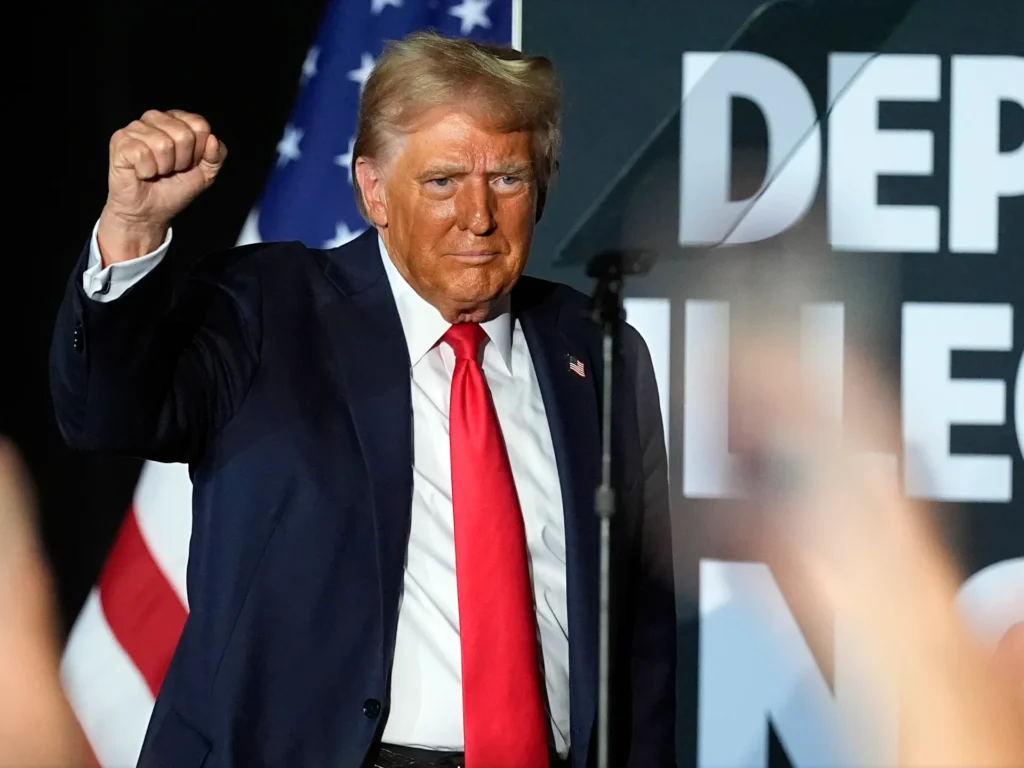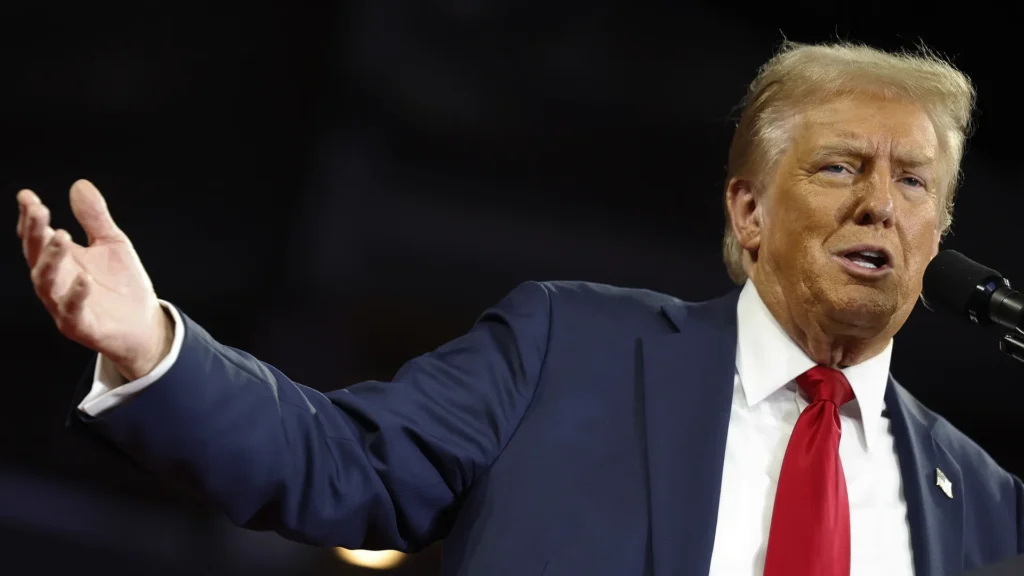EU and appeal of Orbanocracy: Viktor Orban of Hungary is popular because of his governance style rather than his geopolitical strategy.

In his speech to the European Parliament on October 9, Hungarian Prime Minister Viktor Orban outlined the goals of Hungary’s EU Council chairmanship. A portion of the parliament applauded his remarks, while the rest booed him; several MEPs even left the room before he could speak.
Orban’s unreserved support for Vladimir Putin’s Russia and China has surely made him a scapegoat for the political establishment in Brussels. However, he has also developed a cult following in Eastern Europe and other places over the years.
EU and appeal of Orbanocracy: North Macedonia is the most recent example. The Hungarian leader met his Macedonian counterpart, Hristijan Mickoski, in the medieval town of Hristijan on September 26 and was greeted as a hero Ohrid.
At the joint session of the two countries’ cabinets, he presented the hosts with a priceless gift: a loan of $500 million ($539 million), which had been negotiated over the summer.

Local governments will receive half of the funds. There will be municipal elections in North Macedonia in a year, so this is a good electoral boost for Mickoski’s VMRO-DPMNE. After a lengthy break, the right-wing, nationalist party emerged victorious in the May national elections. With Orban’s support, it intends to maintain power for the long run.
EU and appeal of Orbanocracy: In response to the announcement that North Macedonia had been “decoupled” from the EU, the Hungarian prime minister took use of the trip to attack the EU, saying it had damaged the country’s “national pride.” Albania, a neighbor, is attempting to join the bloc.
Orban also hinted at the political obstacles Skopje has encountered for the past thirty years as a result of disagreements with its neighbors by pointing out that the Western Balkan state ought to have been a member of the EU for a long time. He offered to mediate a deal with Bulgaria, which has taken Greece’s place as the primary opponent of Macedonia joining the EU.
Albania overtook North Macedonia because to VMRO-DPMNE’s resistance to changes that would have included a mention of Bulgarians as one of the nation’s communities in the Macedonian constitution, which is a requirement set by the EU before the country can proceed with admission. The EU’s longest-serving leader, Orban, now asserts that he might use his contacts and experience to make amends for Skopje.

Russia’s actions against Ukraine is claimed to have rekindled interest in EU expansion. Ironically, however, Putin’s closest Western club mate is currently the most outspoken supporter of opening Europe’s borders to other nations.
People like Mickoski, Bidzina Ivanishvili, the “puppet master” of Georgia politics, and Aleksandar Vucic, the president of Serbia, saw Orban as more than simply a buddy friendly person within the EU, but also serves as a liaison with Donald Trump, the current presidential candidate and former US president.
The Republican candidate’s affection for the Hungarian leader is openly shown. In his TV discussion with Democratic presidential candidate Kamala Harris last month, he made reference to Orban by name. Let me simply mention one of the most well-respected men in the world, Viktor Orban, who is referred to as a powerful man. Trump said, “He’s a clever prime minister of Hungary and a tough guy.
EU and appeal of Orbanocracy: Trump is not by himself, either. Many Republicans tend to ignore Orban’s connections to China and Russia because they are excited about him as a kindred fighter against “woke” elites and “uncontrolled” migration. At the well-known Conservative Political Action Conference (CPAC), Orban has consistently been present. Budapest has hosted its European edition. Orban is a first stop for a lot of leaders from Eastern Europe who are keen to support Trump.
Orban has also positioned himself as a go-between with Russia and China. Chinese President Xi Jinping selected Hungary as one of the nations he will visit during his European tour earlier this year. Furthermore, the investigative website VSquare claims that Beijing is the source of the Macedonian loan, with Budapest acting only as a middleman.
Chinese companies, especially battery manufacturers that are essential to the production of electric vehicles (EVs), have been making significant investments in what they see to be a Central European backdoor to the EU market as Brussels attempts to “de-risk” from China.
Orban claimed to be on a peace mission on behalf of the group of 27 when he visited Moscow in July. Member states strongly criticized the Russian visit, and as a result, the Hungarian presidency’s ministerial meetings were boycotted. Orban is still promoting a peace plan for Ukraine in spite of the criticism, claiming that it is a cooperative effort with China and Brazil.
The foreign aspirations of the Hungarian prime minister have not been limited to Eastern Europe. His administration declared last month that a military expedition to Chad, purportedly to stop illegal migration to Europe from sub-Saharan Africa.
Even if Orban has accomplished a lot in foreign policy, his popularity is more due to the governing model he exemplifies than geopolitics. The ability to select elements of the post-1989 system based on his preferences is something that conservative Eastern Europeans respect.

Yes, free trade, investment, and substantial Brussels subsidies. No, neither LGBTQ rights nor unity in the face of migration. Yes, having a voice in EU institutions and the power to veto shared policies and decisions. No to the rule of law, transparency, and institutional restraints on executive power that Brussels is advocating. “Liberalism” is out, but state capture led by a populist strongman is unquestionably in.
In other words, Team Orban—Serbia, Georgia, North Macedonia, and the Republic of Srpska in Bosnia and Herzegovina—has nothing against joining the EU. Like Orban’s Hungary, they simply wish to be selective members.
Orbanocracy, however, seems to have outlived its usefulness at home. Hungary’s financial help has been cut by billions as the rest of the EU tightened its screws. Peter Magyar, a former mayor, is putting up a fierce fight against Orban. His Respect and Freedom (Tisza) party is eroding Orban’s conservative support base and is currently tied with the ruling Fidesz in opinion polls. Although it is too soon to forecast the results of the upcoming national elections in 2026, Orban will undoubtedly encounter challenging competition.
But for the time being, he seems to be as strong as ever on the global scene. I’m sure Lake Ohrid would be glad to see him again.

